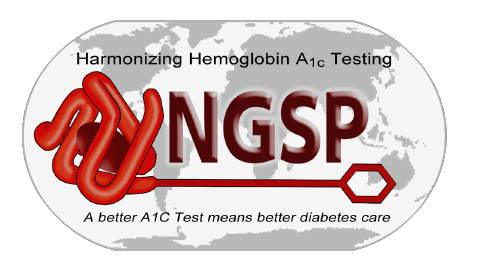Molecular
Diagnostic Laboratory
¿What is Molecular Biology?
Molecular Biology is a branch of Biology that deals with the understanding of known living organisms (from unicellular organisms, to metazoans such as plants and animals), from the study of their biological macromolecules, such as nucleic acids (DNA, RNA) and proteins, to determine the functions they play in the macromolecular processes that occur in cells.

¿What is Molecular diagnosis?
Any human disease whose origin is genetic, inherited or acquired (cancer, type 1 diabetes, Alzheimer, genetic syndromes, among others) or caused by infection with pathogenic microorganisms (bacteria, viruses, fungi and parasites), can be detected, studied and characterized by molecular diagnostic tests. These tests are mainly based on the study of DNA nucleic acids (complete or a fraction of them) to determine whether the information they contain is damaged or modified, which may be responsible for the alterations and diseases detected. Likewise, through the use of molecular tests, it is possible to identify the DNA and/or RNA of one or multiple pathogenic microorganisms from human clinical samples, and thus determine if they are present and if they are responsible for infectious processes harmful to humans. Molecular diagnostic tests make it possible to detect diseases and also to determine the possible consequences and/or severity, prognosis and/or possible alternative treatments.

¿What diagnostic tests are performed in the Molecular Diagnostic Laboratory?
Currently, in the Molecular Diagnostic Laboratory at LCH, we have implemented molecular diagnostic tests for the detection of pathogenic microorganisms that cause multiple infections. We have molecular tests based on real-time polymerase chain reaction (RT-PCR), which allow the detection of the virus causing the current COVID-19 pandemic (SARS-CoV-2 virus), tests to detect human papillomavirus (HPV) and its various genotypes associated with the development of cervical cancer in women or anogenital cancer in men, and RT-PCR tests that allow the diagnosis of mono- and/or polymicrobial respiratory and gastrointestinal infections by detecting the nucleic acids of bacteria, viruses, fungi and parasites commonly associated with these infections.
¿What types of infections can be diagnosed by molecular testing?
Molecular tests can detect and characterize with high precision the DNA and/or RNA of any pathogenic microorganism present in a human clinical sample. Its concentration, susceptibility and/or resistance to antimicrobials can be determined and its possible origin can be studied.
¿Can cancer be studied using molecular tests?
Cancer is a disease of genetic origin, which occurs when the DNA of an individual presents damage or alterations inherited or acquired in the course of his life. Molecular tests allow the study of the DNA of human cells (its complete genome or only the genes potentially involved in the disease), to determine the type of alteration and/or cancer, its prognosis and/or therapeutic alternatives to follow.



